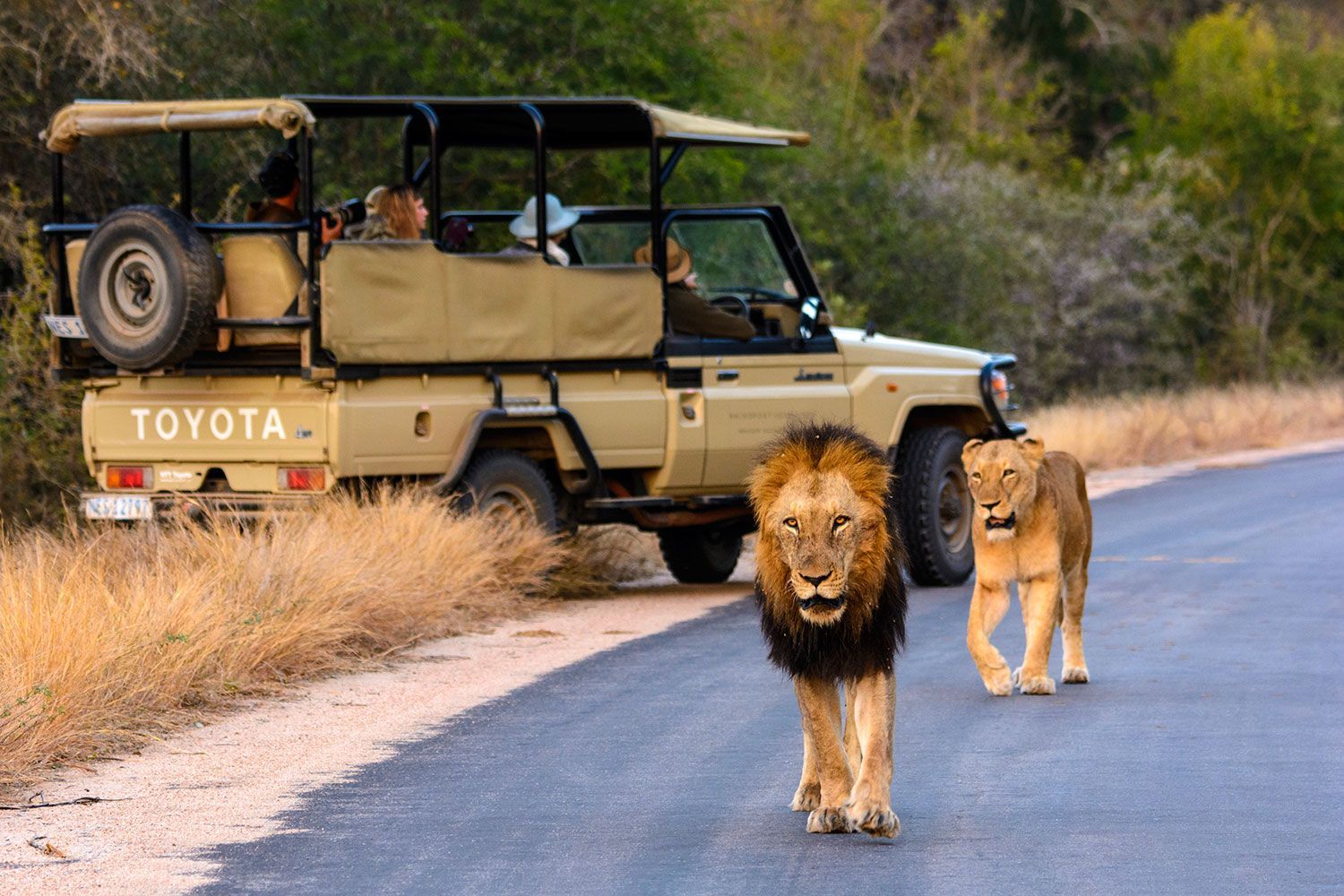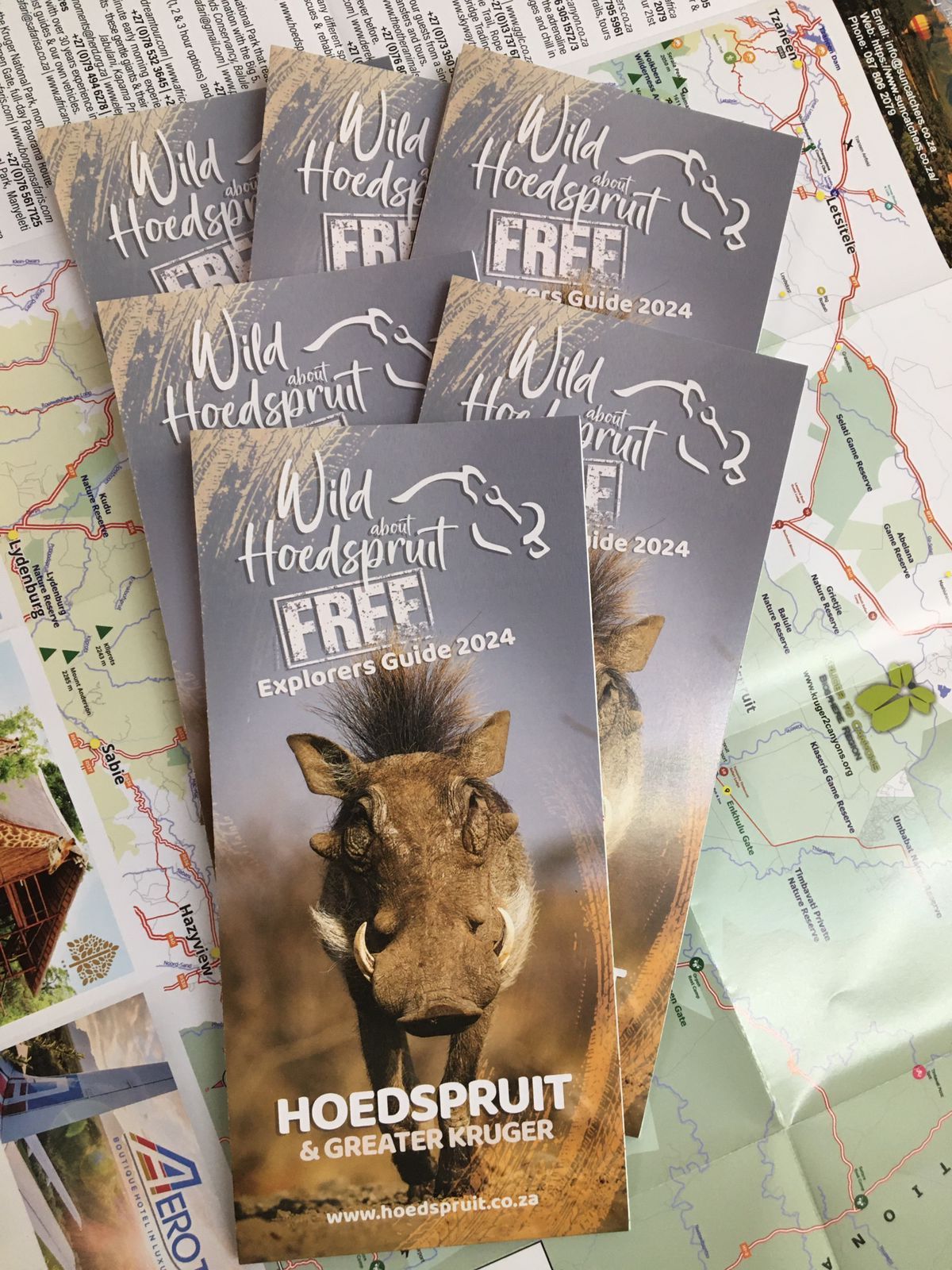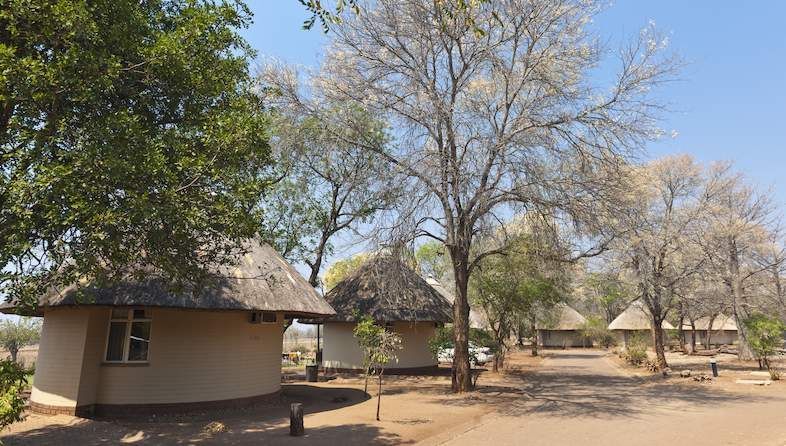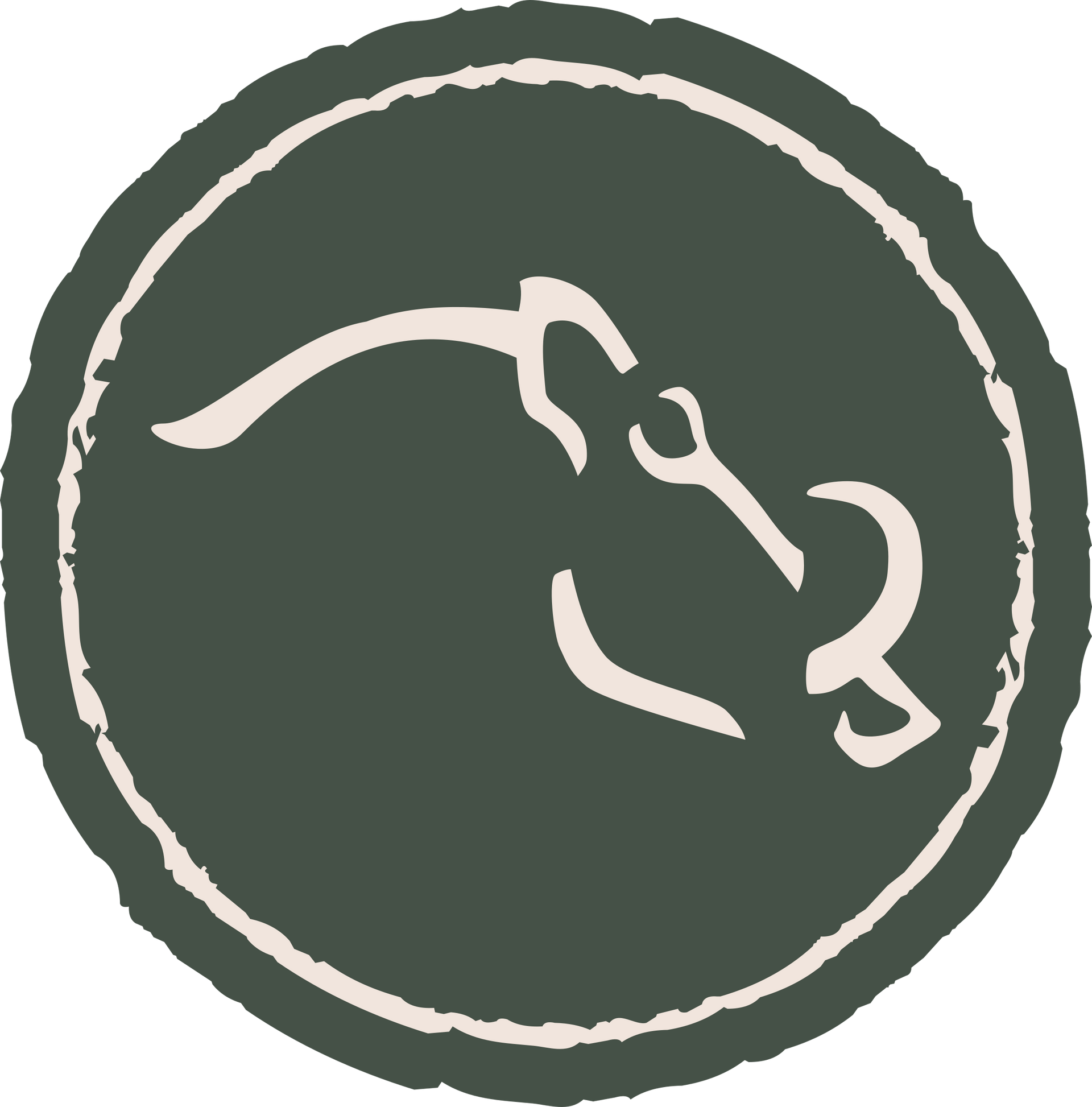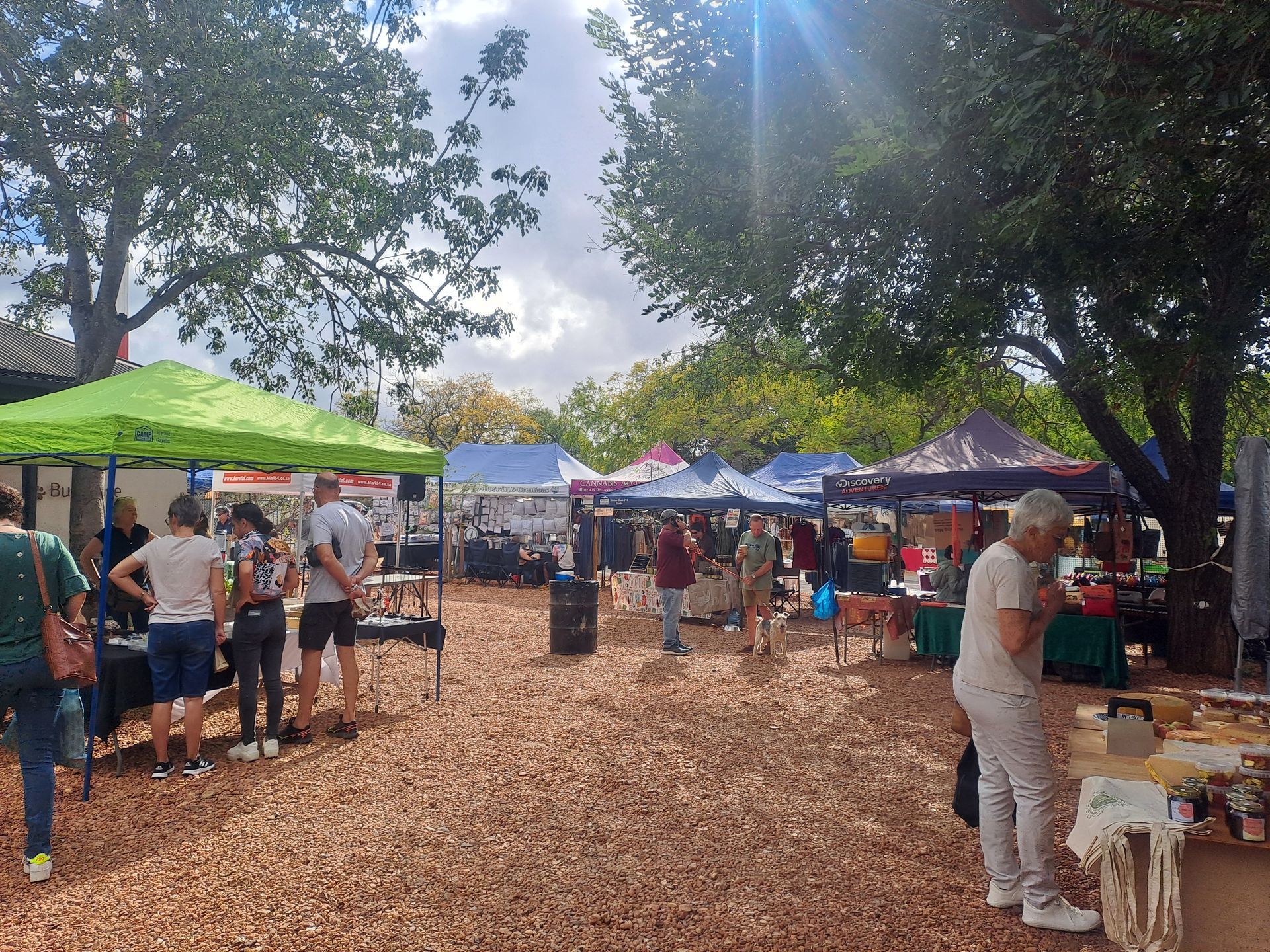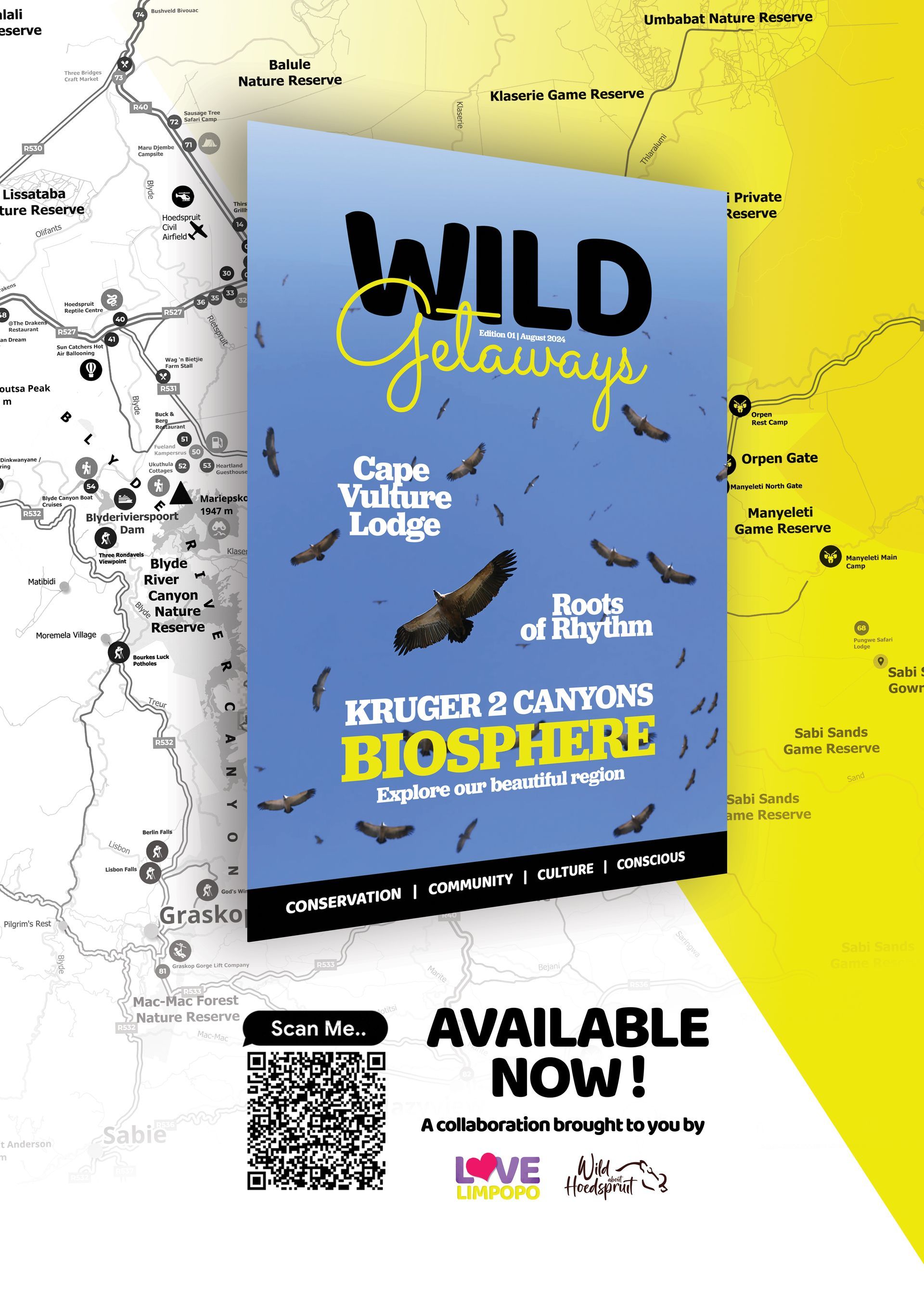Lions in Kruger National Park: A Complete Guide
The lion, often referred to as the "king of the jungle," is an iconic and majestic species that commands attention in Kruger National Park. Encountering these powerful predators in their natural habitat is a thrilling and unforgettable experience for wildlife enthusiasts.
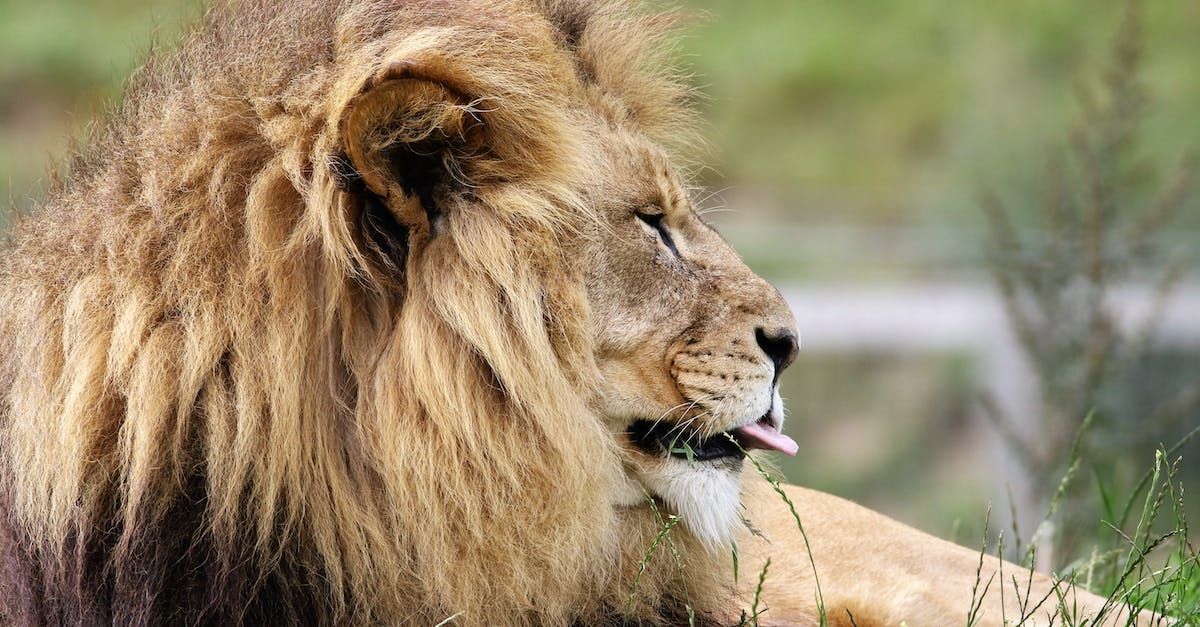
Why it's an Exciting Species to Encounter in Kruger
Lions epitomize the untamed beauty of African wildlife, and their presence in Kruger National Park adds a layer of excitement to any safari experience. Known for their regal stature and impressive social structures, lions are a symbol of the wild, capturing the imagination of those who seek to witness nature in its rawest form.
Identification
Physical Characteristics
Lions are characterized by their muscular build, a broad head with a prominent mane (in males), and a sleek, tawny coat. Males typically have a fuller mane that darkens with age, while females lack a noticeable mane.
Unique Features for Easy Identification
The distinctive mane of male lions serves as a key feature for identification. Additionally, unique markings, such as scars or specific facial features, help distinguish individual lions within a pride.
Fascinating Facts
Interesting and Lesser-Known Facts about the Animal
Lions are not only apex predators but also social animals that form complex family structures known as prides. Their hunting strategies often involve teamwork, with lionesses working together to bring down prey. Lions are crepuscular, being most active during dawn and dusk.
Its Role in the Ecosystem
As top predators, lions play a crucial role in regulating prey populations, contributing to a balanced ecosystem. Their presence influences the behavior of herbivores, shaping the landscape in ways that promote biodiversity.
Habitat and Range
Where in Kruger Can You Find This Animal?
Lions are distributed throughout Kruger National Park, favoring a range of habitats, including grasslands, savannas, and open woodlands. They are often found near water sources, where prey is abundant.
Preferred Habitats and Behaviors
While adaptable to various environments, lions prefer areas with sufficient cover for hunting and resting. They exhibit both nocturnal and diurnal behaviors, making them dynamic and unpredictable subjects for observation.
Best Times for Sighting
Seasonal Variations in Visibility
Lion sightings are generally good throughout the year, but during the dry season (May to September), when vegetation is sparse, visibility is enhanced. Early mornings and late afternoons are optimal times for game drives.
Preferred Times of the Day
Lions are more active during cooler periods, making dawn and dusk ideal for observing their hunting and social behaviors. Nighttime game drives may also provide opportunities to witness their nocturnal activities.
Behavior and Social Structure
Behavioral Patterns and Interactions
Lions exhibit a range of behaviors, from resting in the shade during the heat of the day to engaging in coordinated hunts. Roaring, scent marking, and physical interactions are essential components of their communication.
Social Dynamics if Applicable
Lions live in prides, which are social groups consisting of related females, their offspring, and a coalition of males. Pride dynamics involve cooperative hunting, communal care for cubs, and the establishment of territories.
Conservation Status
Current Conservation Status
Lions are classified as vulnerable due to habitat loss, human-wildlife conflict, and poaching. Conservation efforts focus on protecting their habitats, mitigating conflict, and promoting coexistence with local communities.
Any Particular Threats or Challenges the Species Faces
Habitat fragmentation, retaliatory killings by local communities, and the illegal wildlife trade pose significant threats to lion populations. Conservation initiatives address these challenges through community engagement and habitat preservation.
Tips for Spotting
Key Signs to Look For
Look for tracks, fresh kills, or evidence of recent feeding. Lions often rest in shaded areas during the day, so scanning areas with suitable cover is essential. Listen for vocalizations, as roars can carry over long distances.
Popular Regions within Kruger for Sightings
Regions such as the Skukuza, the central plains, and the northern parts of Kruger are known for frequent lion sightings. Watering holes and areas with abundant prey are prime locations.
Encountering lions in Kruger National Park is a privilege that comes with responsibilities. As visitors, observing these magnificent animals should be done with respect for their natural behaviors and habitats. By appreciating their role in the ecosystem, we contribute to the ongoing efforts to conserve and protect these iconic predators.
Additional Resources
Wild About Kruger
Explore the Wild About Kruger series, your comprehensive source for discovering the magic of Kruger National Park from the hub of Hoedspruit. Here, we delve into all you need to know, from incredible wildlife experiences to insider insights and travel arrangements.
Share This Article
Quicklinks
Related Articles
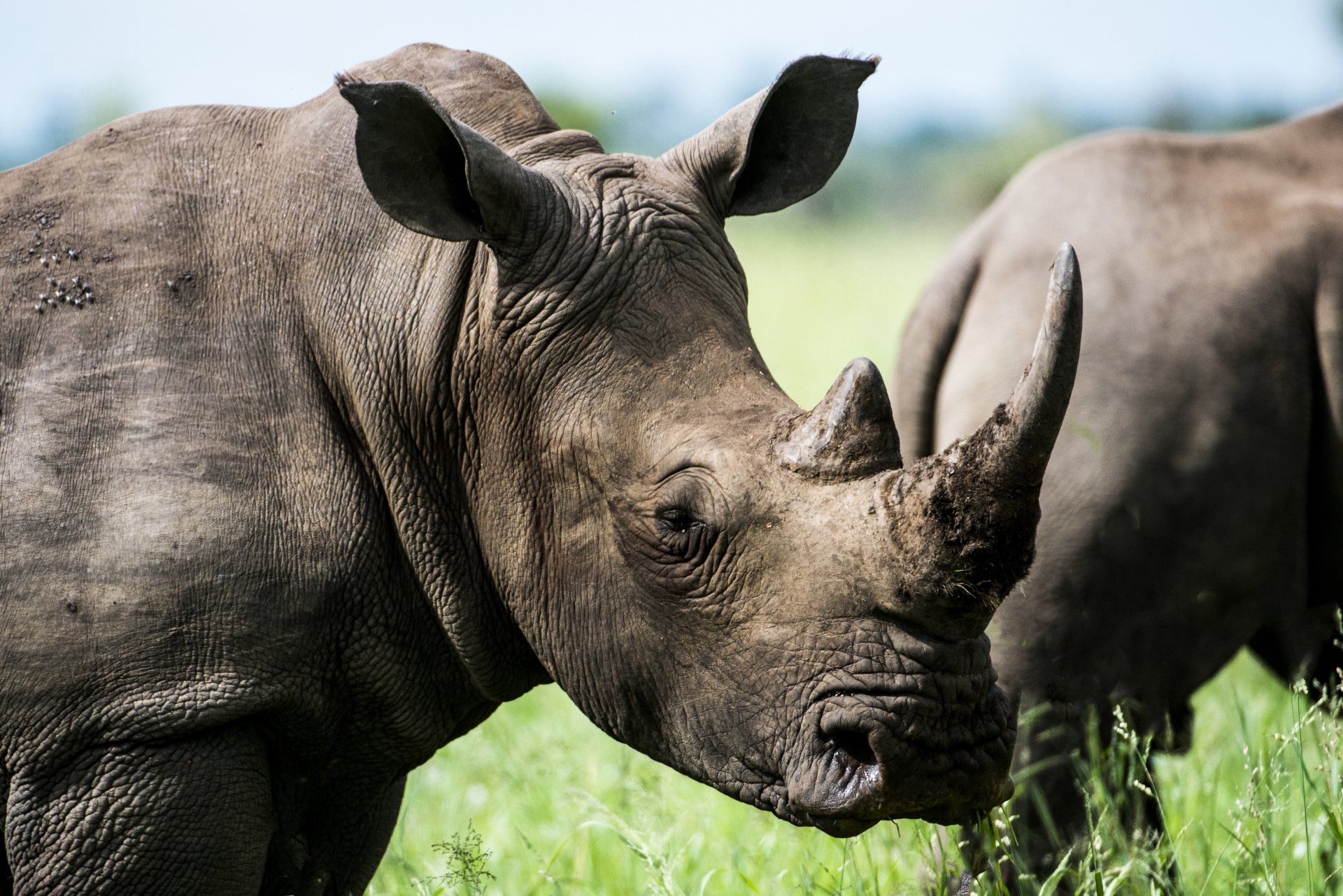
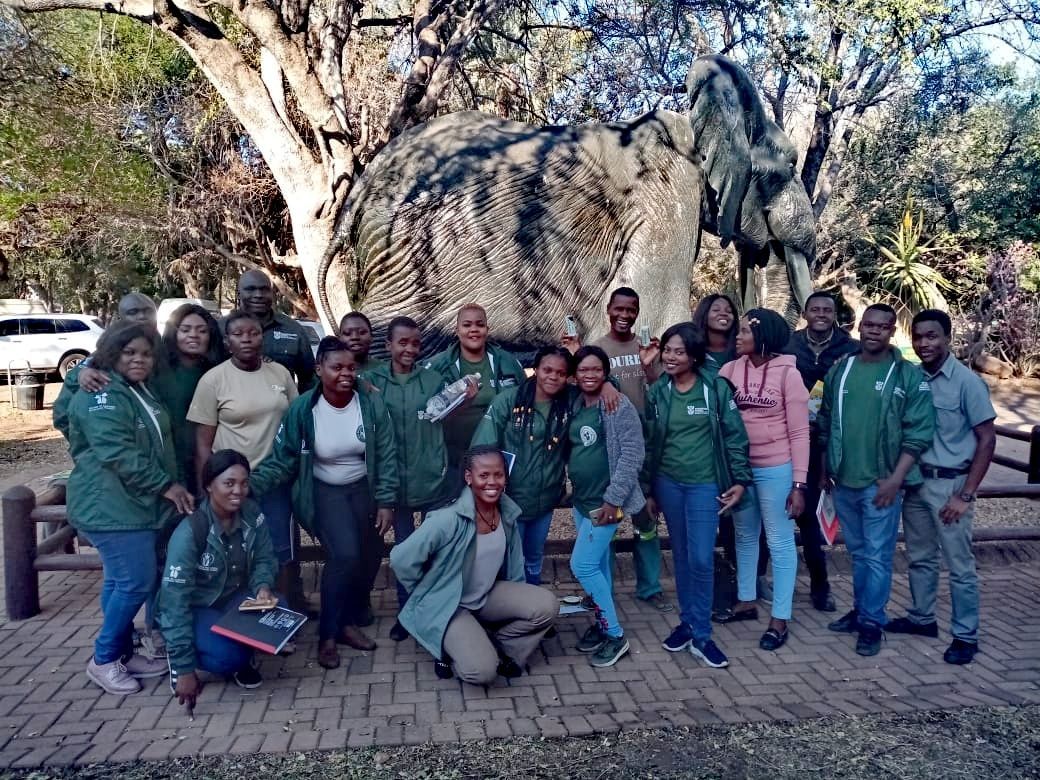
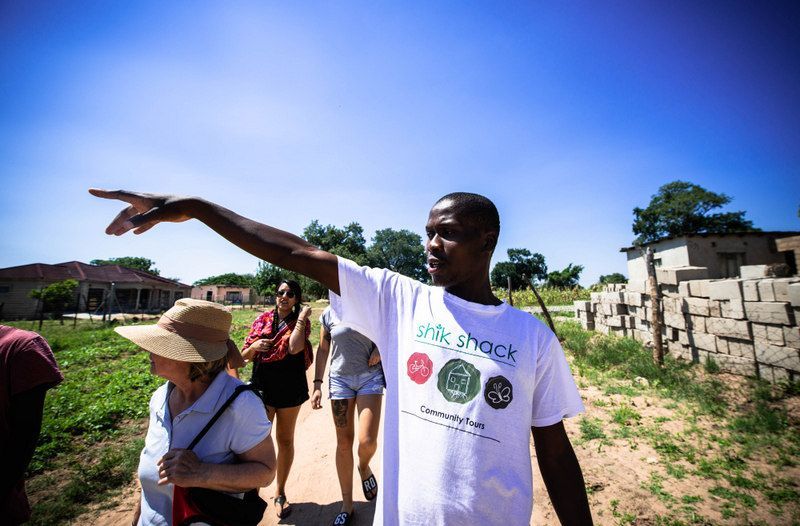
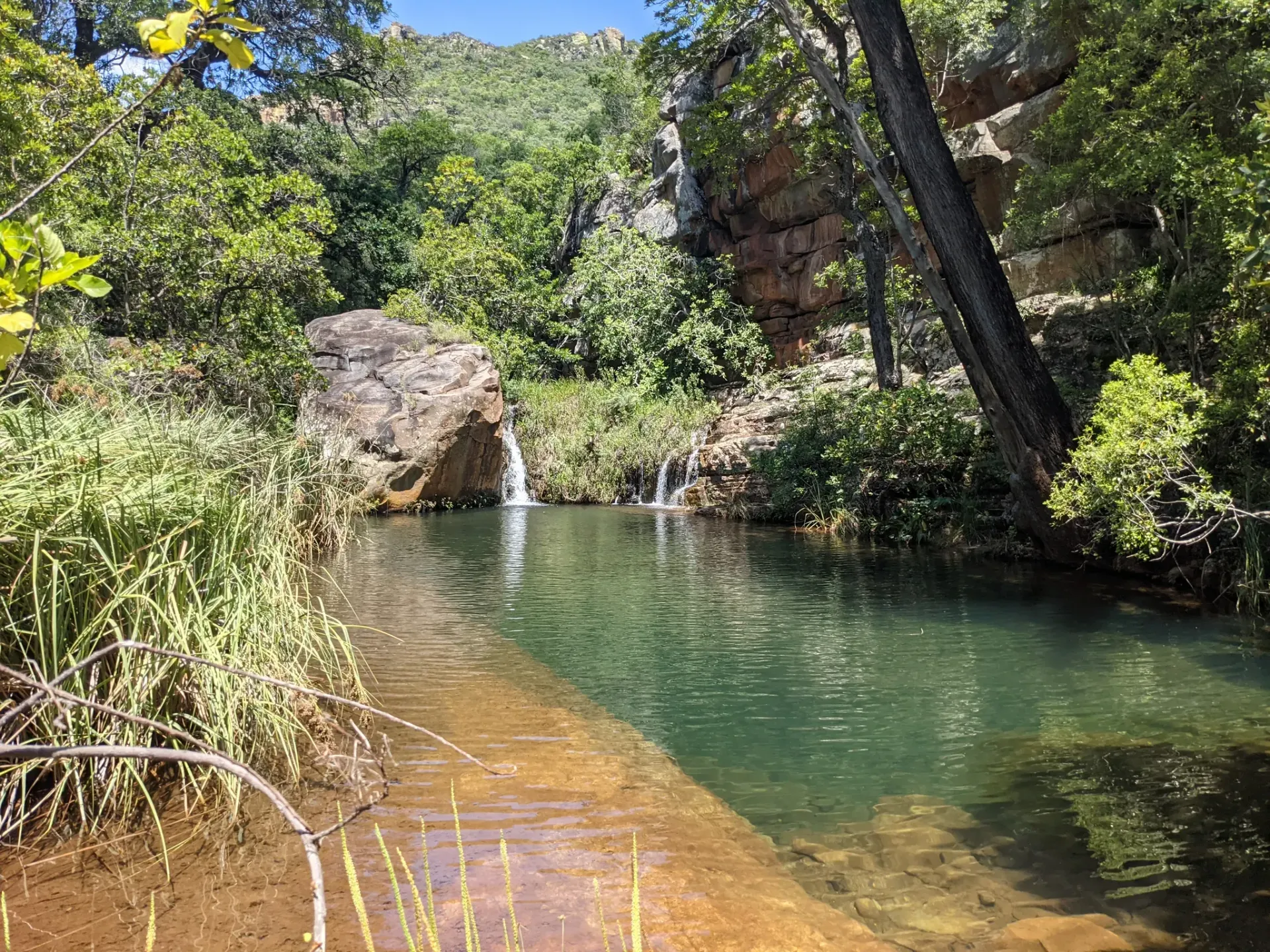

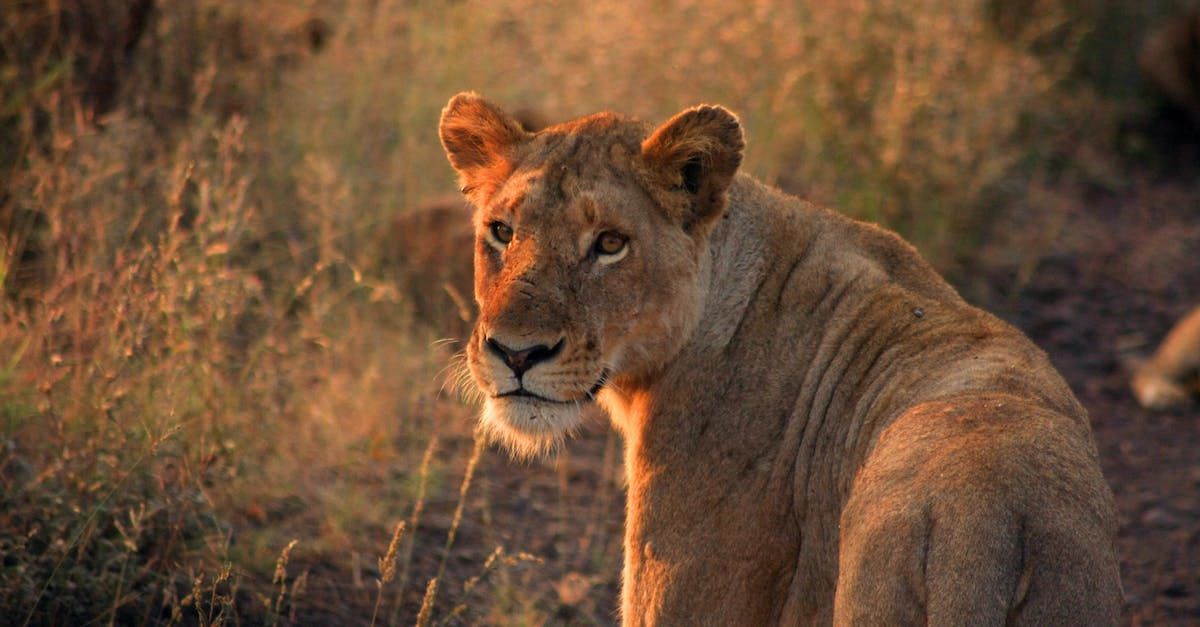

Hoedspruit Articles




